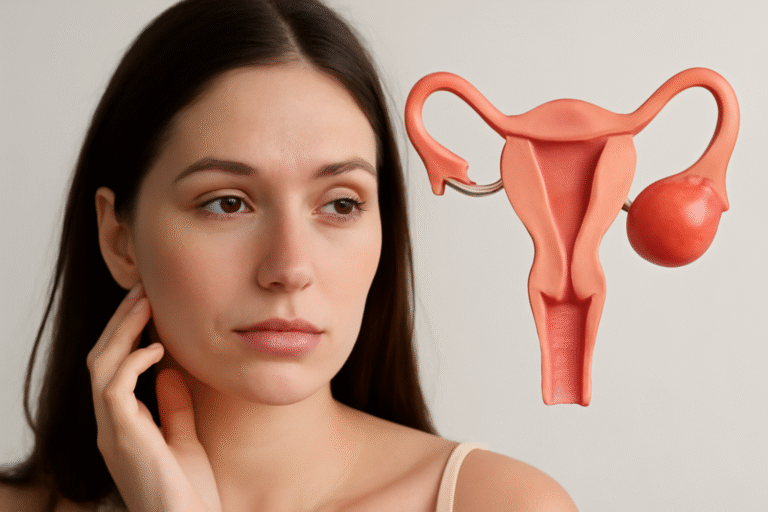- A new study found that drinking alcohol on a daily basis can make it less likely for people to get pregnant after fertility treatments and have a live birth.
- But coffee doesn’t seem to have any effect on how well fertility treatments work.
- We still don’t fully understand how alcohol and caffeine affect pregnancy.
A new study shows that caffeine doesn’t seem to affect how well fertility treatments work. However, drinking consistently can diminish a person’s chances of getting pregnant and delivering a live birth after these therapies.
The meta-analysis, published Wednesday in Acta Obstetricia et Gynecologica Scandinavica, also found that men’s drinking increases reproductive therapy-related miscarriage risk.
While researchers are still learning more about how alcohol and coffee affect fertility, most people agree that alcohol can throw off hormones, hurt the uterus’ health, and make it harder for sperm to stick together.
Dana Ellis Hunnes, a clinical dietitian, assistant professor at UCLA’s Fielding School of Public Health, and author of Recipe for Survival, advises that alcohol, regardless of amount, reduces fertility in men and women attempting to conceive through intracytoplasmic sperm injection (ICSI) or in vitro fertilization.
More people might not drink alcohol if they are trying to get pregnant through one of these ways if they remember this, Hunnes said.
Also read: How Do Irregular Periods Affect Conception?
Alcohol linked to lower pregnancy and birth rates
The researchers looked at 16 studies with a total of 26,922 women and their partners who had IVF or ICSI.
The research team looked at information from seven studies that looked at how much coffee and alcohol people who were getting fertility treatments drank.
They discovered that caffeine didn’t seem to affect a woman’s ability to get pregnant or give birth after fertility treatments. However, women who drank 84 grams of caffeine a week, which is about seven drinks, had a 7% lower chance of getting pregnant than women who didn’t drink alcohol.
It’s interesting that the male partner’s drinking also affected the chances of getting pregnant after fertility treatments. The live birth rate dropped by 9% when men drank 84 grams of alcohol a week.
In short, the woman’s chances of getting pregnant are lower when she drinks alcohol. “The risk of miscarriage goes up when the male partner drinks alcohol,” says Becca Romero, owner of Little Life Nutrition and a professional nutritionist who specialises in fertility.
Does caffeine affect pregnancy?
Many women are told to stay away from caffeine while they are pregnant. However, Hunnes says that caffeine is safer than booze, especially in small amounts.
Romero was surprised that this meta-analysis found that caffeine didn’t have a big effect on women who were going through fertility treatment, since other studies haven’t been able to say for sure if caffeine use leads to miscarriages.
Here’s how alcohol impacts pregnancy
Dr Brindha Bavan is an expert in reproductive medicine and fertility at Stanford Medicine Children’s Health. He says that drinking alcohol can throw off hormones, which can make it harder for a baby to attach to the wall of the uterus. Oxidative stress can also happen all over the body because of alcohol, which can lower the quality of eggs.
Romero said, “When you do IVF, it is very important that the eggs are very good so they can be transferred and cause a healthy pregnancy.”
It was shown in the study that a man’s drinking, which is often forgotten, can also affect a baby after fertility treatments.
Bavan says that a previous study has linked heavy drinking to problems with getting an erection and poorer quality sperm. Bavan also said that alcohol may change the genes in the sperm.
Romero said, “Drinking alcohol can lead to oxidative stress in the body, which can hurt the quality of sperm and make them less morphologically normal.”
What to know about drinking during fertility treatments
Romero says that she tells people who are trying to get pregnant to act like they are already pregnant.
Rosa Romero said, “It is clear that drinking can make it harder to get pregnant, and it is not worth the risk for a few drinks.”
According to Hunnes, these new results don’t mean that you should completely avoid caffeine. However, she still says that you should limit your daily caffeine intake to one to two cups.
You can improve your chances of getting pregnant through IVF by eating well and taking a good prenatal vitamin, as well as cutting down on alcohol and coffee.
“Moderation is the key to good health and well-being in general before pregnancy,” Bavan said.
The bottom line:
According to a new study, caffeine doesn’t seem to affect how well fertility treatments work. On the other hand, drinking alcohol regularly can lower a person’s chances of getting pregnant and having a healthy baby. Scientists are still learning more about how coffee and alcohol affect fertility, but most people think that alcohol can mess up hormones, hurt the uterus, and make it harder for sperm to stick together.
FAQs on Alcohol, Caffeine, and Fertility Treatments
1. Does drinking alcohol affect fertility treatment success?
Yes, regular alcohol consumption can lower pregnancy and live birth rates after fertility treatments like IVF and ICSI.
2. How does alcohol impact fertility?
Alcohol can disrupt hormones, reduce egg and sperm quality, and increase the risk of miscarriage.
3. Does caffeine affect fertility treatments?
The study found that caffeine consumption does not significantly impact pregnancy or live birth rates after fertility treatments.
4. Can men’s alcohol consumption affect fertility treatment outcomes?
Yes, alcohol consumption by male partners can lower live birth rates and increase the risk of miscarriage.
5. Should I completely avoid alcohol while undergoing fertility treatments?
Experts recommend limiting or avoiding alcohol to improve the chances of a successful pregnancy.
6. Is it safe to drink coffee during fertility treatments?
Moderate caffeine intake (1–2 cups per day) appears to be safe, but excessive amounts should be avoided.
7. How can I improve my chances of success with IVF or ICSI?
Maintaining a healthy diet, taking prenatal vitamins, and reducing alcohol intake can improve fertility treatment outcomes.





[…] Also read: Alcohol But Not Caffeine, Can Affect Success of Fertility Treatments […]